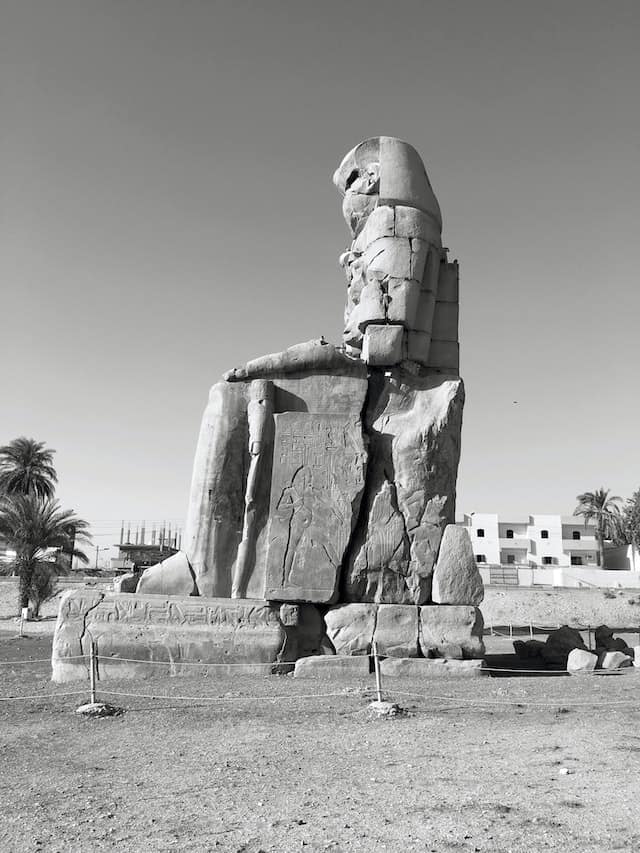Truth vs Falsehood

Surat Ghafir contains part of the story of Musa and Firaun.
This is the most repeated story in the Quran, and when you read it over and over again, from different angles in different surahs, you start to notice a pattern.
Truth vs falsehood
Allah has repeated this story for many reasons. One of those reasons is that it represents the fight between truth and falsehood.
Firaun represents falsehood and Musa represents the truth.
We’ve all heard the story many times: when Musa came with the truth, Firaun gathered all his power and sorcerers to defeat him. They were the masters of magic, and he thought that they would easily be able to defeat Musa – piece of cake. (Although they had no cake at that time!)
They tried to defeat the truth, but they couldn’t. And now Firaun was stuck, exposed in front of his people, in public. Thinking, how could Musa defeat me? I’m the Lord.’
So what was his way to get rid of Musa? Kill him. That’s it.
And we see this pattern not just with Musa and Firaun: we see this with Ibrahim and Nimrod.
When Ibrahim defeated Nimrod in discussion and proofs and logic, they couldn’t do anything but to kill him, so they started a big fire and then flung Ibrahim into it.
We see it as well with our Prophet Muhammad (peace be on him). He stayed in Makka for 13 years, calling people to Allah with the proofs and evidences of the Quran, and discussions and debates, and they could not defeat him because this was the truth. So what’s the way to get rid of him? They decided to kill him. It’s always the same.
Politicians are the same throughout time
The irony is that Firaun asked the public, ‘Let me kill Musa.’ [40:26] Just before this, he was proclaiming that he was the highest lord. Why was he now was seeking permission from the people?
He wanted to show them that he was caring for them – as many politicians, tyrants and oppressors do, he came up with a justification. He said, ‘I fear that [Musa] may change your religion or spread corruption in the land.” [40:26]
Imagine, Firaun, the lord of evil himself, trying to argue that someone else would be ruining society!
It’s the same story with politicians these days. They say, ‘We want to get rid of these people because they are spreading corruption.’
As if they themselves are spreading goodness, when in fact they are more evil! This is one of the reasons why we see this story repeated throughout the Quran: because it’s a common story in every community.
The challenge between falsehood and the truth will always be there until the Day of Judgement.
Principles are non-negotiable
No wonder that Allah has mentioned this story so many times, just to remind us: don’t go with the flow.
Don’t follow the crowd. Because often, the crowd are not the representatives of the truth.
You have your principles and you have to stick to them.
This is what Rasul Allah (peace be on him) did when they negotiated with him. They offered to worship Allah for a year if he worshipped their gods for a year; they offered him money and status and all sorts. He said no. He did not compromise on Allah. He did make some compromises, such as in the Treaty of Hudaybiya, but not on the principles. There can be no compromise there.
This is the beauty of the Quran. This is a story from thousands of years ago, but we can see it walking and talking today. We can see our own Firaun and his followers in our context.
We ask Allah Almighty to enable us to be the carriers of the truth, and to spread it and follow it. Ameen.
Support Utrujj
Shaykh Haytham Tamim – Ramadan Night 7
Transcribed by Hana Khan
Related posts
How to turn an ordinary fast, into a super fast
What is the connection between closeness to Allah, excellence and fasting?
- The truth is more powerful than lies
- Does a bride’s wali have to be Muslim?
- Is is permissible to lead a salah split over different rooms?
- Global IT outage. When systems go down…
- The concept of worship. What are ibadah and ihsan – and how do they lead to self development?

Recommended Posts

The truth is more powerful than lies
July 26, 2024

Global IT outage. When systems go down…
July 19, 2024

